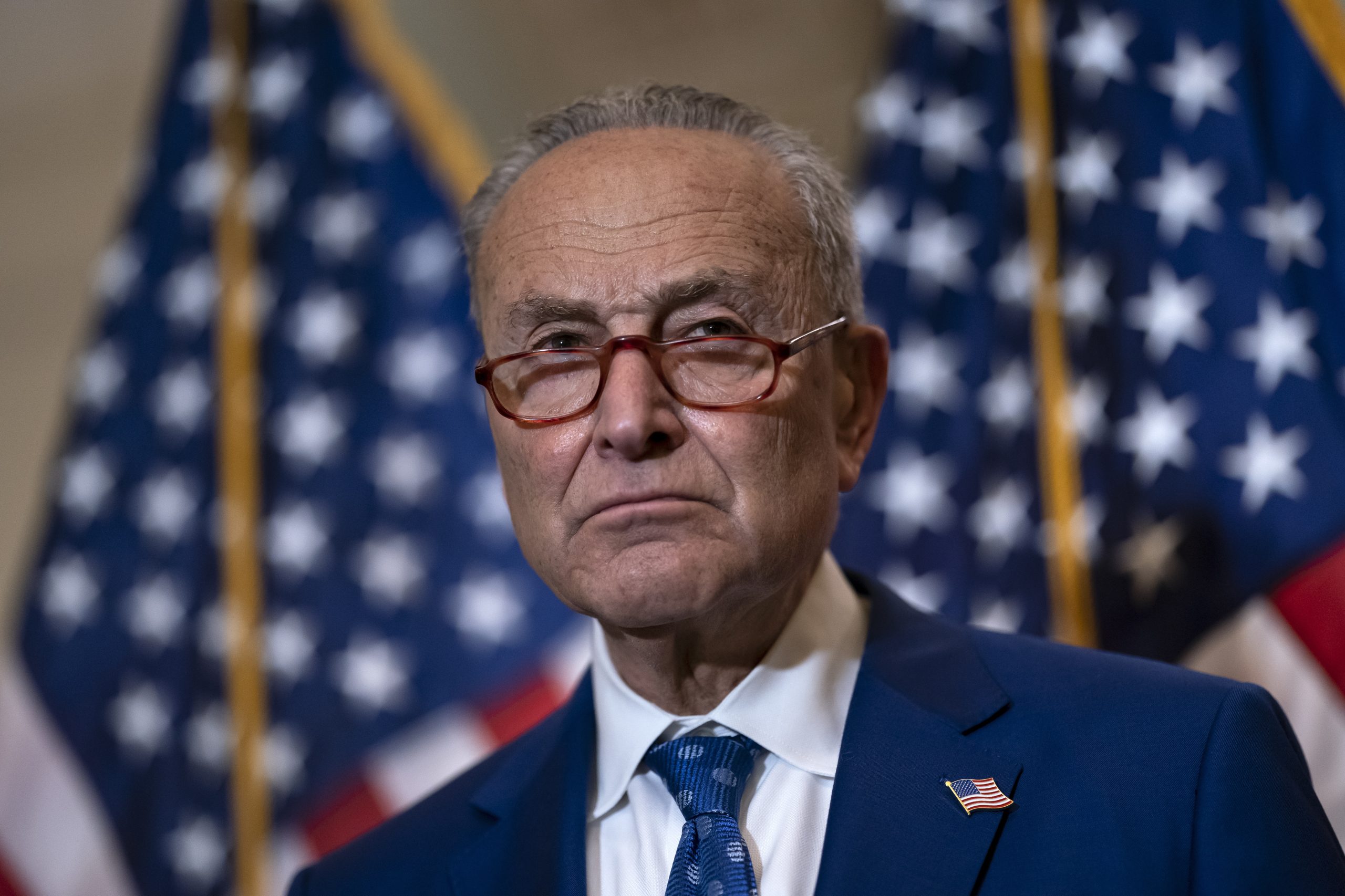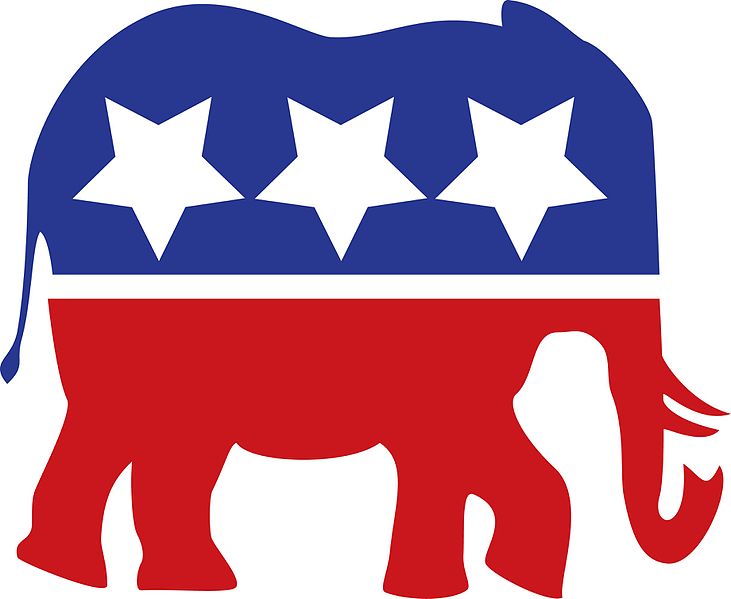Airlines Urge Senate Action as Shutdown Continues
As the U.S. government shutdown stretches into its 34th day, several of the nation’s largest airlines are raising alarms about the impact on air travel and public safety. Executives from United, American, Southwest, and Delta Airlines are calling on Senate Democrats to approve a “clean” continuing resolution (CR) to reopen federal agencies, citing missed paychecks for air traffic controllers and other essential personnel.
United Airlines CEO Scott Kirby emphasized the urgency during a Thursday briefing, stating, “It is time to pass a clean CR.” Kirby noted that nearly a month of agency closures has left air traffic controllers working without pay, a scenario he warned could have broader economic and operational consequences.
“The extended shutdown threatens both the efficiency and safety of the national aviation system,” Kirby said after a meeting with Vice President J.D. Vance at the White House. “These are critical workers, and they deserve timely compensation for the services they provide every day.”
Record-Tying Shutdown Extends Into Fourth Week
The Senate adjourned Thursday without reaching an agreement and will not reconvene until Monday, ensuring the shutdown ties the record for the longest in U.S. history. The House has already passed a “clean” CR to fund the government through late November, allowing Congress additional time to finalize the fiscal year 2026 budget. However, Senate Democrats have repeatedly rejected the measure, advocating for inclusion of policy priorities such as extending Affordable Care Act (ACA) subsidies.
This legislative impasse has prompted increasing concern among airline executives, who warn that continued uncertainty could disrupt holiday travel and other key sectors. American Airlines released a statement urging the Senate to act, noting, “The quickest way to end this shutdown and get these workers paid is by passing a clean continuing resolution. A prolonged shutdown will lead to more delays and cancellations — and the American people, especially during the busy holiday season, deserve better.”
Southwest Airlines echoed this message, stating, “The public expects and deserves to travel in a system in which air traffic controllers and federal safety and security employees are paid in a timely fashion. We ask Congress to adopt a clean continuing resolution.”
Labor Groups Raise Concerns Over Worker Hardship
Labor organizations aligned with Democrats are also expressing frustration with the ongoing shutdown. Teamsters President Sean O’Brien highlighted the personal and financial toll on federal employees.
“Do not put working people in the middle of a problem. They should not be in there,” O’Brien said last week. “Think about the families that are affected, the missed mortgage payments, or telling a child they cannot participate in activities because their parents aren’t being paid. These are real consequences.”
O’Brien added, “Put the politics aside, get to the table, negotiate a deal, pass a clean CR right now, and then figure out the problems moving forward. The security and safety of the airlines is paramount — let’s not compromise that.”
Federal Safety Programs Remain Unfunded
Beyond aviation, other federal programs remain unfunded due to the ongoing shutdown. The Supplemental Nutrition Assistance Program (SNAP) expired on Saturday, leaving millions of Americans without guaranteed access to benefits. President Trump has indicated that he plans to seek legal clarification to continue SNAP funding following conflicting court rulings.
“Our Government lawyers do not think we have the legal authority to pay SNAP with certain monies we have available, and now two Courts have issued conflicting opinions on what we can and cannot do,” Trump wrote on Truth Social. “I do NOT want Americans to go hungry just because the Radical Democrats refuse to do the right thing and REOPEN THE GOVERNMENT. Therefore, I have instructed our lawyers to ask the Court to clarify how we can legally fund SNAP as soon as possible.”
Officials from the administration have stressed that emergency funds would not be used without explicit legal authorization, highlighting the complexity and legal uncertainty that accompanies program funding during a shutdown.
Economic and Operational Implications
The prolonged closure of federal agencies has raised concerns not only for air travel but also for broader economic operations. Airlines warn that continued disruption could result in flight delays, cancellations, and reduced capacity, particularly during the holiday travel season.
Delta Airlines spokesperson Jessica Smith stated, “Our concern is ensuring a system that functions reliably. Every day the shutdown continues, it adds stress to employees and passengers alike.”
Air traffic controllers are a critical workforce whose absence or delayed compensation can affect flight schedules nationwide. Experts note that even minor disruptions in staffing can have cascading effects, impacting passenger safety, flight coordination, and logistical planning.
Congressional Gridlock Continues
While the House has acted to fund the government, negotiations in the Senate remain at an impasse. Senate Democrats argue that certain legislative priorities, including ACA subsidies, must be included in any funding measure. Republicans and many industry groups maintain that a clean CR is necessary to prevent further disruptions.
The standoff highlights a recurring tension in federal budgeting: balancing immediate operational needs with broader policy goals. Analysts caution that the longer the shutdown continues, the more severe the economic and social consequences may become, affecting millions of Americans across multiple sectors.
Looking Ahead
As lawmakers prepare to return next week, the pressure from industry leaders and labor organizations is mounting. Airlines continue to advocate for immediate action to ensure workers are compensated and operational systems remain secure. Meanwhile, uncertainty over SNAP and other federal programs persists, with potential impacts on families nationwide.
Observers note that the next few days could determine whether a compromise is reached before further disruptions take hold, particularly as holiday travel and economic pressures intensify.
The government shutdown, now tied for the longest in history, underscores the complex interplay between policy negotiations and the practical functioning of essential services. For air travelers, federal employees, and program beneficiaries, the stakes are increasingly tangible.

Emily Johnson is a critically acclaimed essayist and novelist known for her thought-provoking works centered on feminism, women’s rights, and modern relationships. Born and raised in Portland, Oregon, Emily grew up with a deep love of books, often spending her afternoons at her local library. She went on to study literature and gender studies at UCLA, where she became deeply involved in activism and began publishing essays in campus journals. Her debut essay collection, Voices Unbound, struck a chord with readers nationwide for its fearless exploration of gender dynamics, identity, and the challenges faced by women in contemporary society. Emily later transitioned into fiction, writing novels that balance compelling storytelling with social commentary. Her protagonists are often strong, multidimensional women navigating love, ambition, and the struggles of everyday life, making her a favorite among readers who crave authentic, relatable narratives. Critics praise her ability to merge personal intimacy with universal themes. Off the page, Emily is an advocate for women in publishing, leading workshops that encourage young female writers to embrace their voices. She lives in Seattle with her partner and two rescue cats, where she continues to write, teach, and inspire a new generation of storytellers.









